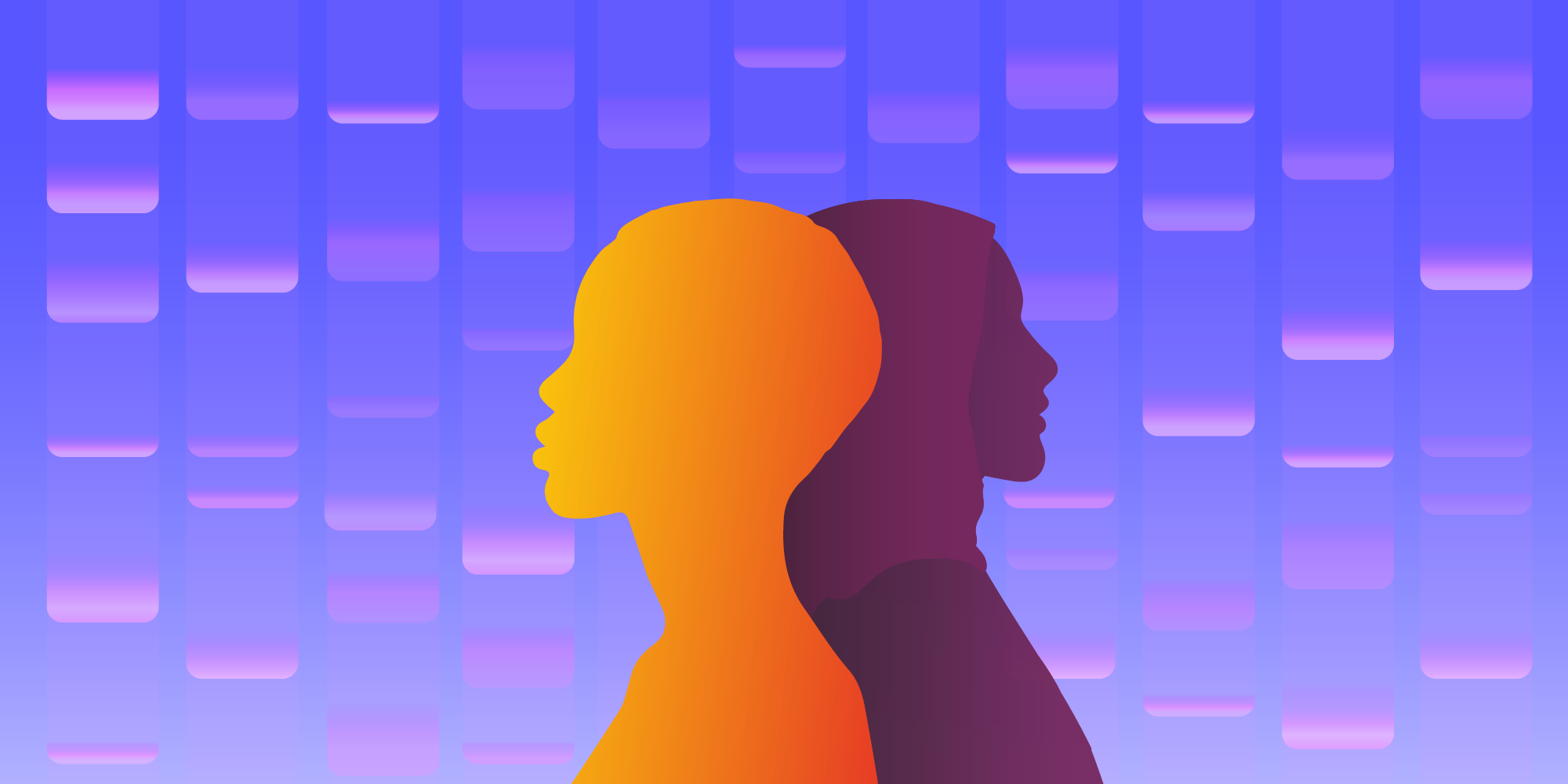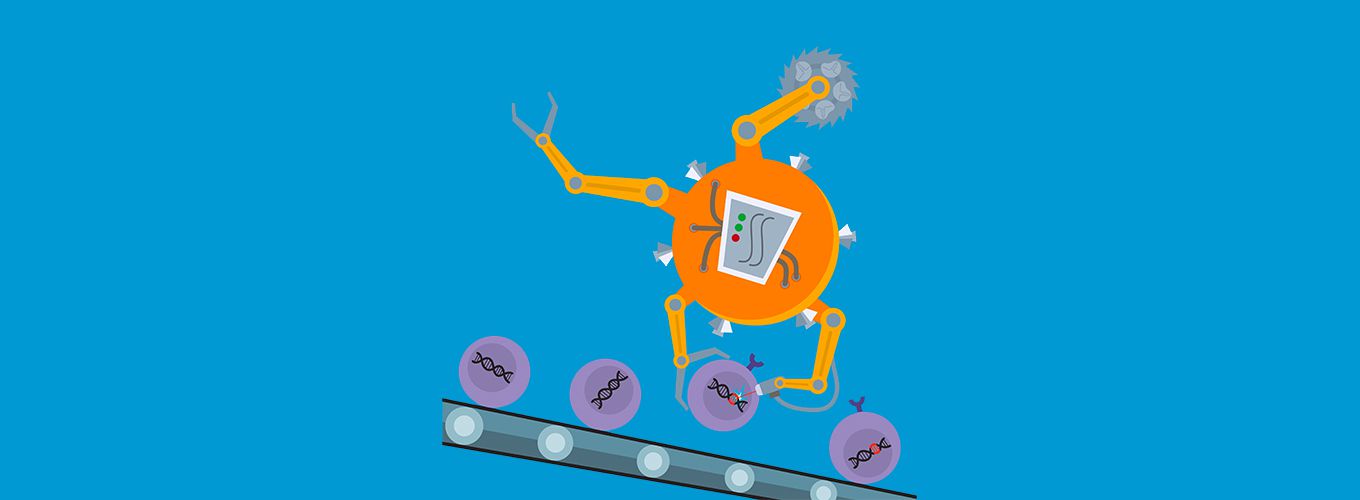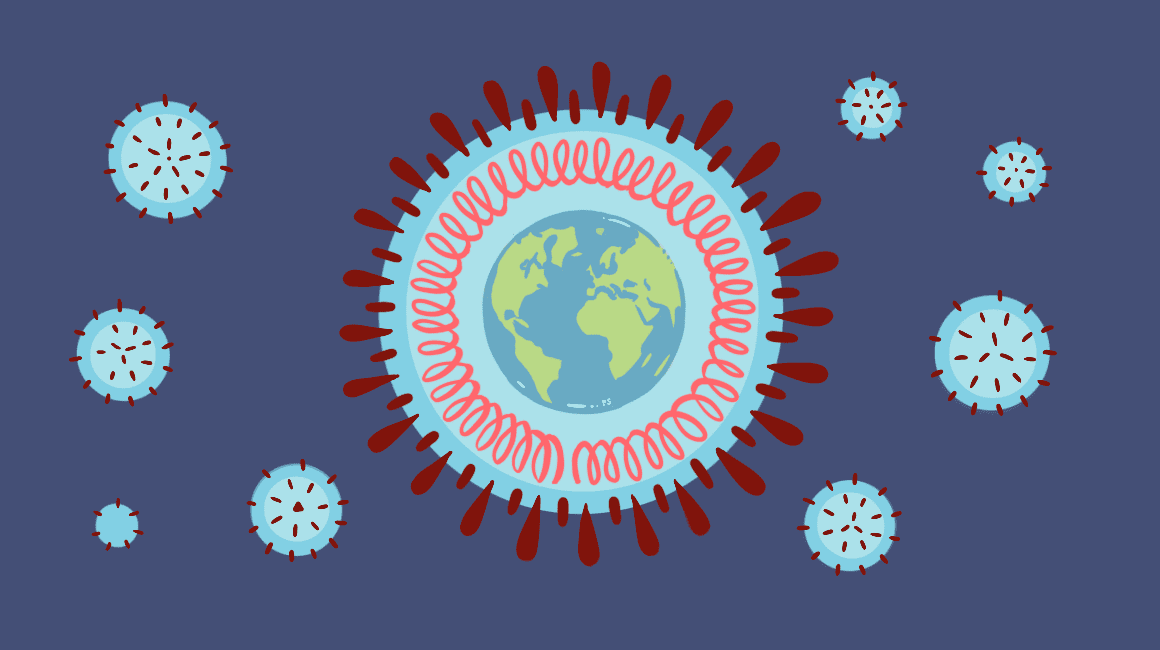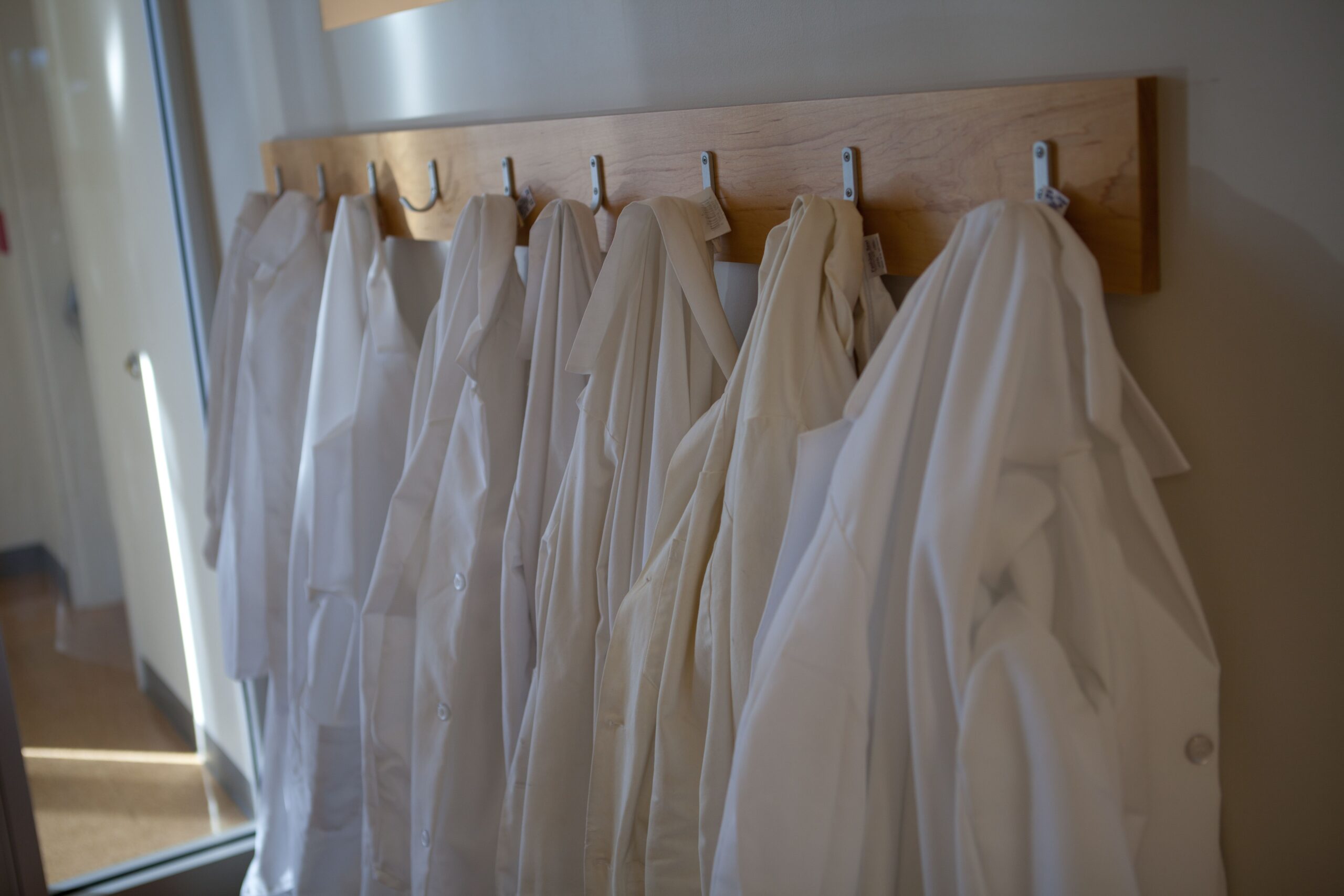
Meet an IGI Scientist: Jenny Hamilton
This series introduces the public and fellow researchers to our talented scientists. We interview different IGI members to find out who they are and what makes them passionate about science.
Jenny Hamilton is a postdoctoral research in the Doudna lab at UC Berkeley and a 2022 HS Chau Women In Enterprising Science Program Fellow. She works on ways to deliver CRISPR to cells for genomic therapies, with a focus on blood cells. To come to our February 2023 WIES Program open house and learn how to apply, RSVP here.
Where are you from?
I grew up in the Seattle suburbs and went to the University of Washington where I studied biochemistry and biology.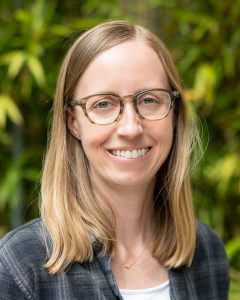 I was interested in a lot of different things and getting into research was a bit happenstance – there was an open work-study job that I ended up taking in a very old school, hardcore yeast genetics lab.
I was interested in a lot of different things and getting into research was a bit happenstance – there was an open work-study job that I ended up taking in a very old school, hardcore yeast genetics lab.
I started from the bottom, washing and autoclaving glass pipettes. Which is great because it makes you really understand the fundamentals of what you need to do to run a lab. If you make the plates you grow yeast on in a slightly different way, that can affect everything. So you learn how important it is to be super rigorous in the mundane things.
In my senior year, I got a little bit of funding for an undergraduate research project, so I got to spend a year just working on research. I realized I really like doing science, the process of planning and conducting experiments.
What’s your favorite part of doing research?
Sometimes it’s fun to learn a new technique, but once you master it, it’s kind of like doing the dishes, right? At this point, it’s often much more rewarding to teach somebody else how to do it so they’re learning something new.
The further I get along, the more excited I am just about the results, because the end goal is to answer a question. So I’m most excited about analyzing the results and then using that to design the next experiments. You always want to continue learning new things and challenging yourself.
I am very motivated by hard questions that smart people will say, “You can’t do that” or, “That won’t work.” And I think, Well I’ll show you! If we’re not trying to answer tough questions, then what are we doing?
How did you hear about the WIES fellowship? What makes you excited about entrepreneurship?
My Ph.D. research was in virology. Now I’m working on applying my knowledge and viral engineering skills to the delivery of gene-editing. Specifically, I’m working on envelope delivery vehicles. Right now our studies are in mice but eventually we hope to use these for genomic therapy in humans.
I’m focused on cells of the blood. Right now, the cells have to be taken out of the patient, edited, and put back in in a hugely invasive process. And you can’t scale it up to treat everyone who could benefit. So I’m really interested in developing strategies to safely and effectively edit cells while they’re in the body.
I was excited about WIES and entrepreneurship because it’s a way to increase scale – with a company, you could produce enough envelope delivery vehicles that they could potentially be used for wide-scale access to genomic medicine. With the WIES fellowship, entrepreneurship is less of a black box. It’s been very enabling to be able to think, I could do this.
Do you have any fun or funny stories about research?
When Enrique and I were in the very early days of setting up the COVID testing lab in March 2020, everything was super stressful. Campus was shut down. Everything felt very risky. There was no testing, so you didn’t know who had covid or who didn’t.
We really wanted to get this qPCR assay to work so we could open the testing lab. So we were very serious and working very hard.
And we got to the point where we wanted to set up this qPCR and we realized we didn’t have the right sample plates that fit in the machine. We were texting and slacking everybody we knew, “Do you have these qPCR plates in your lab?” And we got a lead that there was like a lab in one of the other campus building that had these plates. So Enrique and I basically went on a scavenger hunt across campus. It was late at night and we were the only ones in the building and kind of felt like we were ransacking the place.
So it was kind of this fun bonding moment for us to finally find them and then getting back and set up the qPCR. And it worked! So it was totally worth it.
What do you like doing besides research?
I try to maintain a pretty good work balance. I don’t come into the lab a lot on the weekends unless the experiments that really require it. I’ve been married since before I started grad school and I really enjoy going on walks or hikes with my husband and our labradoodle Rufuss. We have a routine of taking him to Cesar Chavez Park or Point Isabel on the weekends.
I also read a lot and I listen to a lot of books on tape. I’ve gotten into scifi in the last few years, trying to imagine a future where we can cure diseases through genomic technologies.
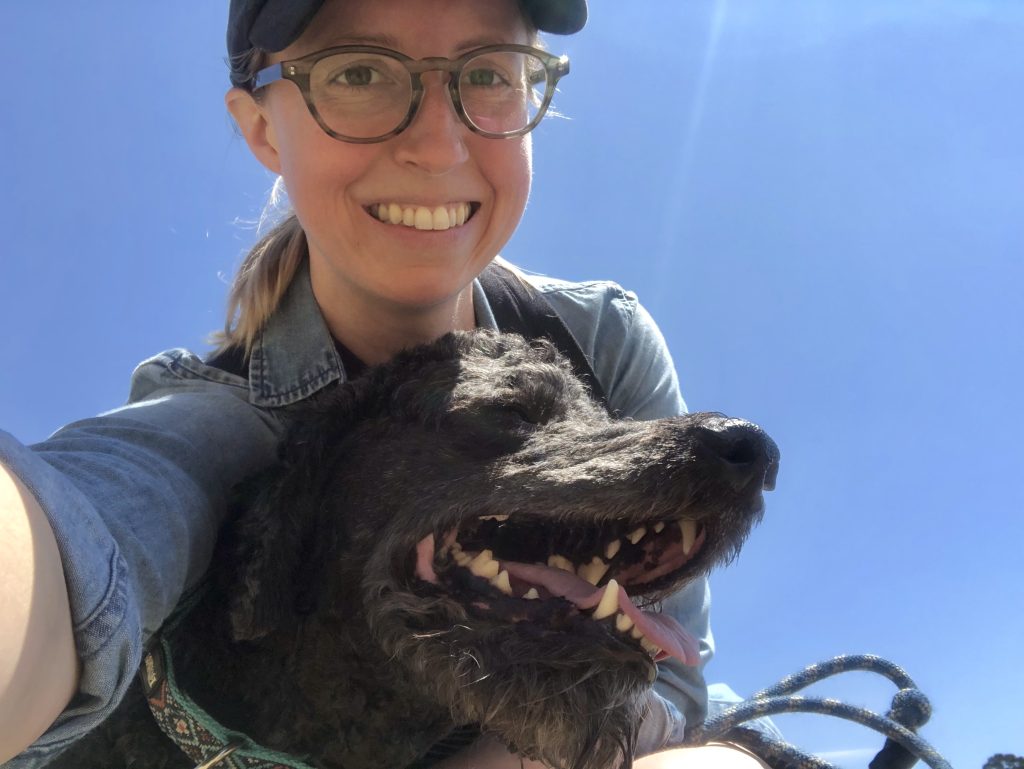
What would you do if you weren’t a researcher?
My husband really likes cooking. And in particular, he really likes making tacos and he makes his tortillas from scratch. So we always joke that if this doesn’t work out we’ll open a taco truck. You know, I could definitely be very happy running a small business and eating tacos all day. I think it’s overlapping Venn diagrams with doing science and cooking or baking.
How do you think about the role of science in the community?
You want to think of science as like the ground truth and working towards a better society, improving the health and wellbeing of individuals or the community, the environment. And I just feel like that it shouldn’t be a hot button topic of whether or not you “believe” in science or “believe”
in climate change.
It’s so frustrating because I don’t know what the answer is to convince someone of a fact when they won’t believe in facts. I think it’s really important for scientists to not be a nameless, fake, faceless archetype but to really engage with the community and talk about their work.
If you’re gonna make any sort of impact or change on someone, it’s probably gonna be on the individual level. Like someone is going to be able to say like, Oh, my friend Jenny says this. If people know scientists, it will help them trust scientists.
How do you deal with it?
When people feel heard, it builds trust. Sometimes when I’m talking to a member of the public, I’ll hear pretty negative attitudes about CRISPR. So my approach is to ask, “What makes you nervous?” and to acknowledge that it’s a really powerful tool and the outcomes depend on how we use it. In theory, people could use it to do things we don’t want them to. But people could also use to do amazing things. And already are! Hearing people’s concerns helps keep the conversation open.
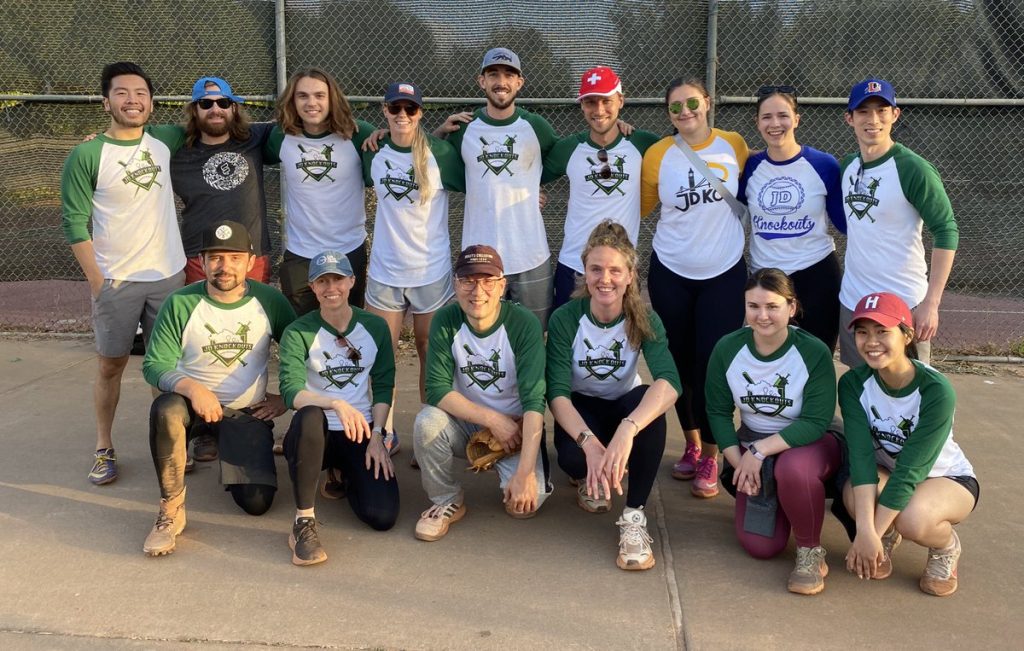
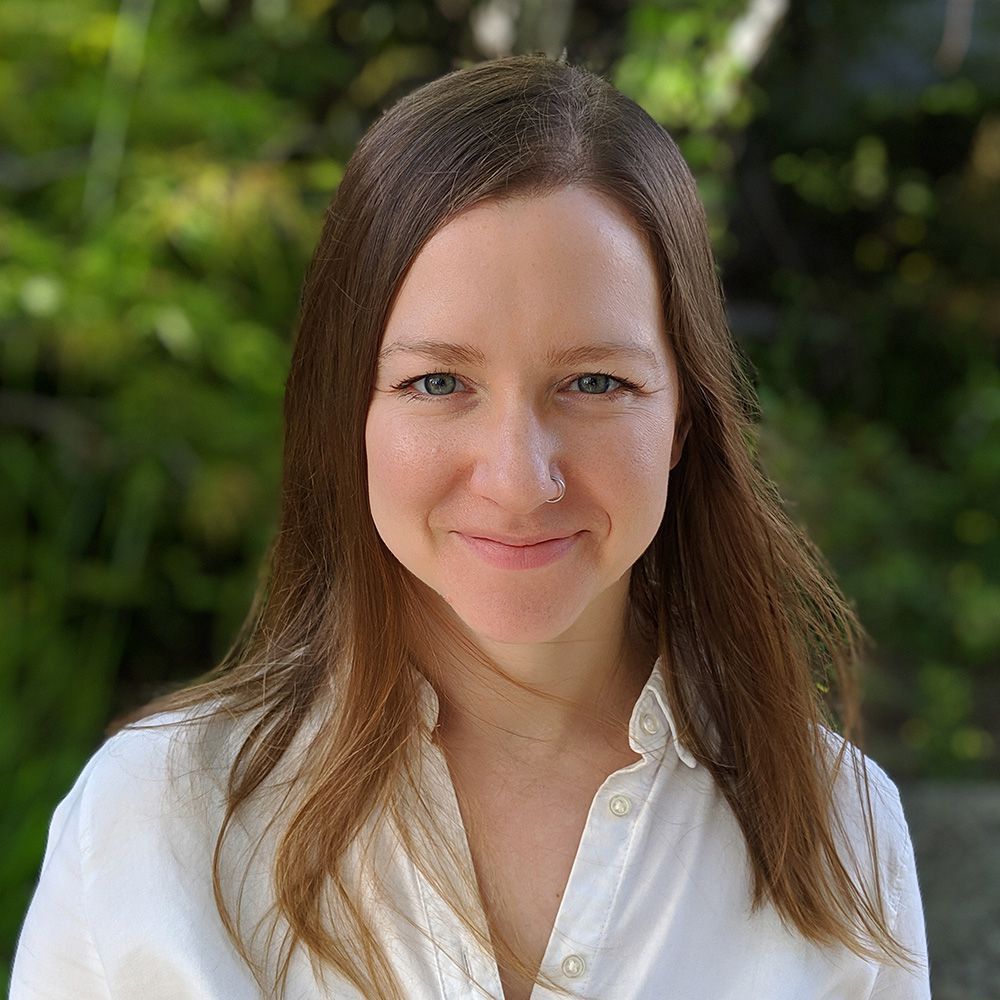 By
Hope Henderson
By
Hope Henderson
